I came to this page because I have sensitive information in my command line parameters, and didn't want them stored in the code repository. I was using System Environment variables to hold the values, which could be set on each build or development machine as needed for each purpose. Environment Variable Expansion works great in Shell Batch processes, but not Visual Studio.
Visual Studio Start Options:

However, Visual Studio wouldn't return the variable value, but the name of the variable.
Example of Issue:

My final solution after trying several here on S.O. was to write a quick lookup for the Environment variable in my Argument Processor. I added a check for % in the incoming variable value, and if it's found, lookup the Environment Variable and replace the value. This works in Visual Studio, and in my Build Environment.
foreach (string thisParameter in args)
{
if (thisParameter.Contains("="))
{
string parameter = thisParameter.Substring(0, thisParameter.IndexOf("="));
string value = thisParameter.Substring(thisParameter.IndexOf("=") + 1);
if (value.Contains("%"))
{ //Workaround for VS not expanding variables in debug
value = Environment.GetEnvironmentVariable(value.Replace("%", ""));
}
This allows me to use the same syntax in my sample batch files, and in debugging with Visual Studio. No account information or URLs saved in GIT.
Example Use in Batch





